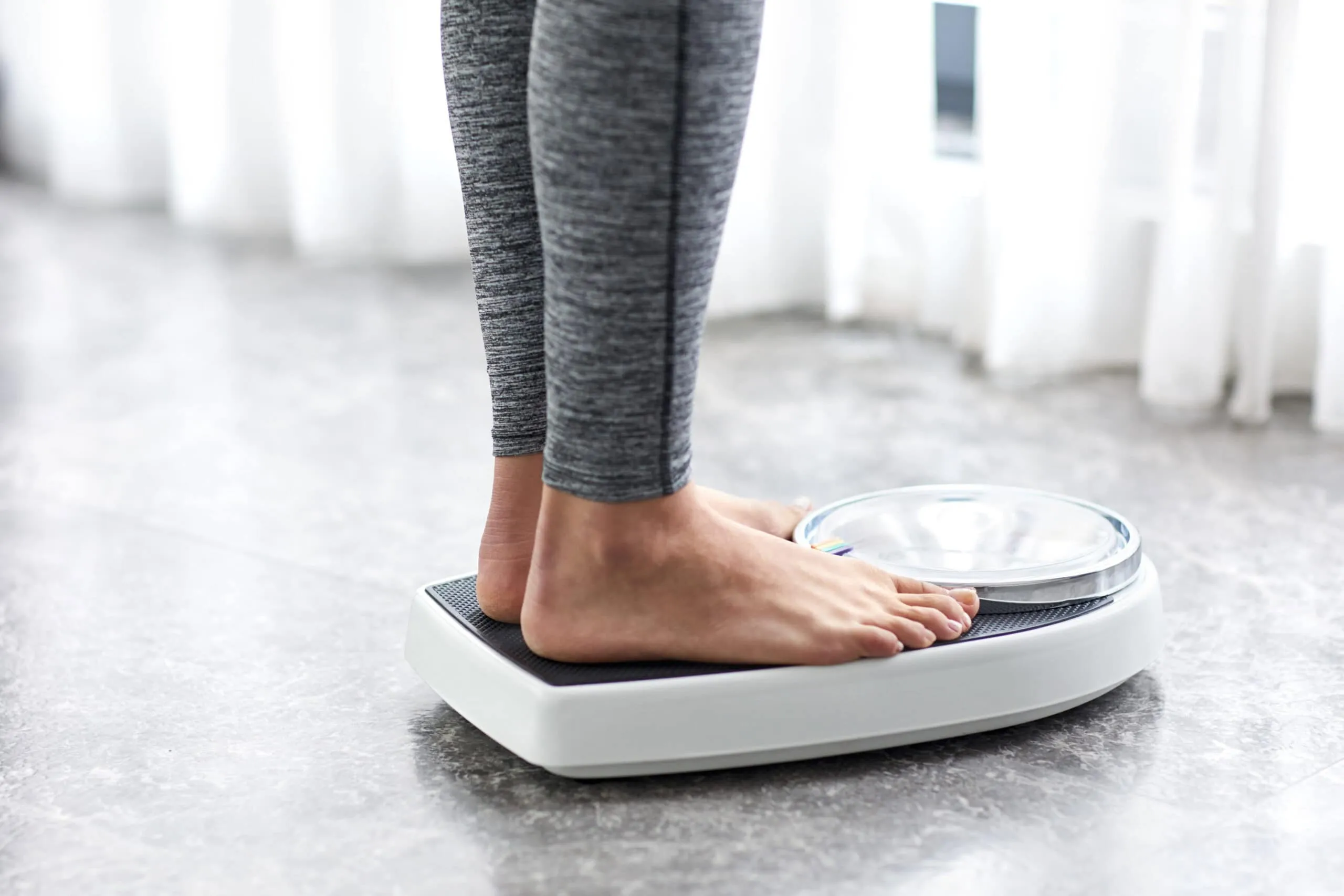Women’s Health
Want to learn more about this at Kettering Health?
Losing weight can be frustrating. Especially when your efforts to diet and exercise don’t show up on the scale. If you feel like the pounds aren’t coming off no matter how strict your fitness plan, the underlying issue could be a hormonal imbalance.
You might already be aware of hormones’ role in regulating the menstrual cycle. But they also have a big impact on weight. Hormone imbalances can cause your metabolism to slow down and your body to retain more fat and water.
Dr. Neetu Gupta, OB-GYN, discusses when you may be most likely to encounter hormonal weight gain and how to address it.
Menopause and weight gain
For many women, a catalyst for hormonal weight gain is the transition into menopause. During this time, weight gain around the abdomen is most common. According to Dr. Gupta, when estrogen levels drop during menopause, the metabolism slows down and the body loses muscle while storing more fat. Other symptoms during this time can make sticking to exercise and a healthy diet more difficult, such as
- hot flashes
- disrupted sleep
- increased cravings
While it’s important to embrace how bodies change with age, entering menopause doesn’t mean it’s impossible to reach your weight-loss goals. Dr. Gupta points to strength training as an effective way to lose weight and keep it off.
“Strength training is important because it builds muscle,” she explains “Muscle mass is an active tissue that helps speed up your metabolism. I recommend women aim for at least three days of strength training per week.”
Nutrition is also key in managing weight gain during menopause.
“Along with regular exercise, a nutritious diet that prioritizes whole foods, fiber, and protein can help mitigate the unpleasant symptoms of menopause, especially weight gain.”
Women in menopause may also benefit from hormone replacement therapy (HRT). Dr. Gupta says that HRT combined with strength training and a nutritious diet can be a game-changer for weight management during menopause. However, it’s best to speak with your physician when deciding if HRT is right for you.
Menopause isn’t the only time weight gain may result from imbalanced hormones. Certain chronic hormonal disorders could be to blame.
Hormone disorders
Hormone disorders, such as PCOS, hypothyroidism, and insulin resistance often cause unwanted weight gain, but Dr. Gupta says not to lose hope. Certain treatments and lifestyle changes can help. In fact, a healthy diet and exercise have been proven to reduce symptoms of chronic hormone conditions.
“It’s frustrating when a condition makes it feel impossible to reach your weight-loss goals,” says Dr. Gupta. “Medical treatments are most effective when combined with lifestyle changes. Your OB-GYN can help you explore hormonal treatment options and assess lifestyle factors that may be hindering your progress.”












